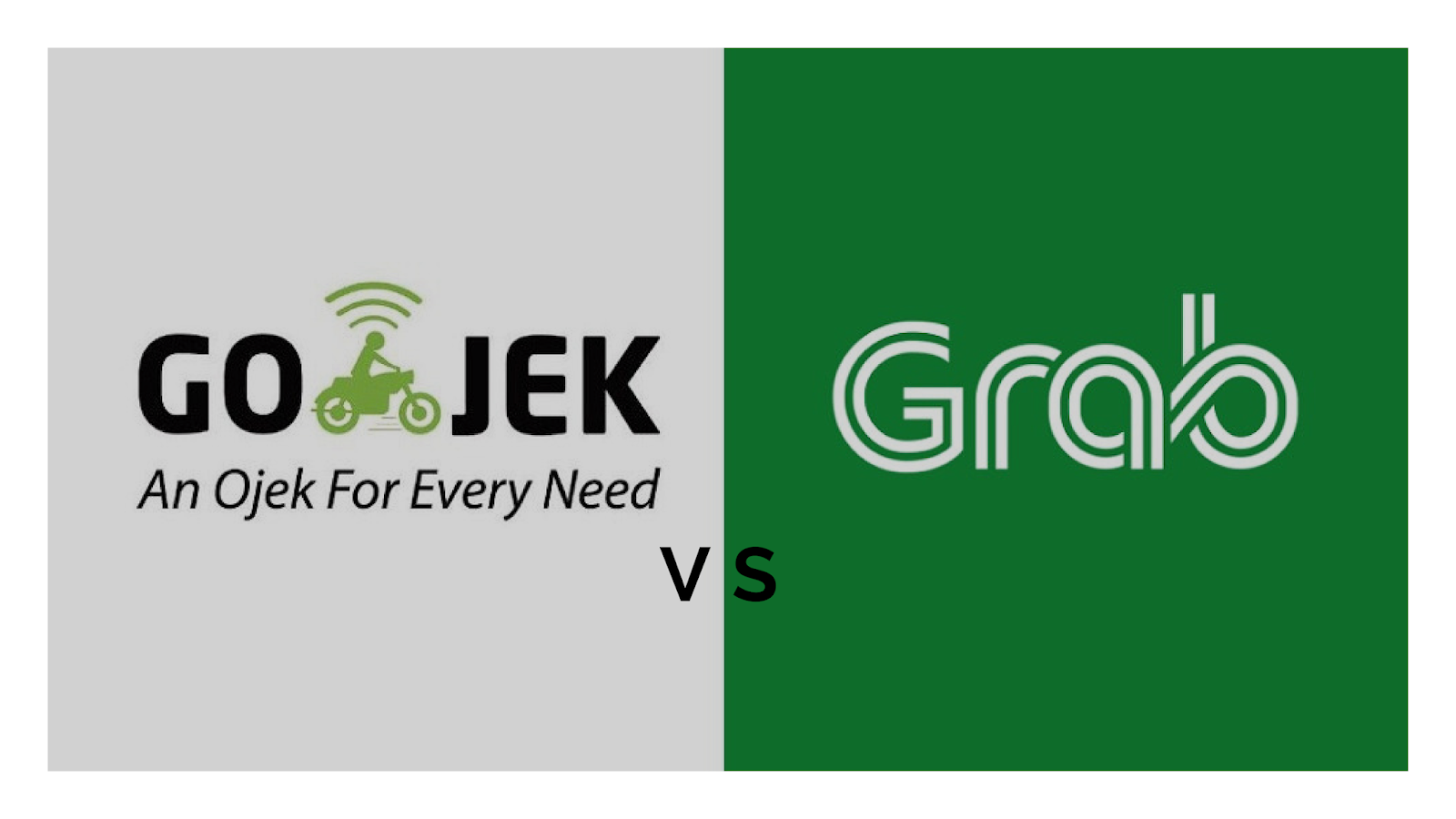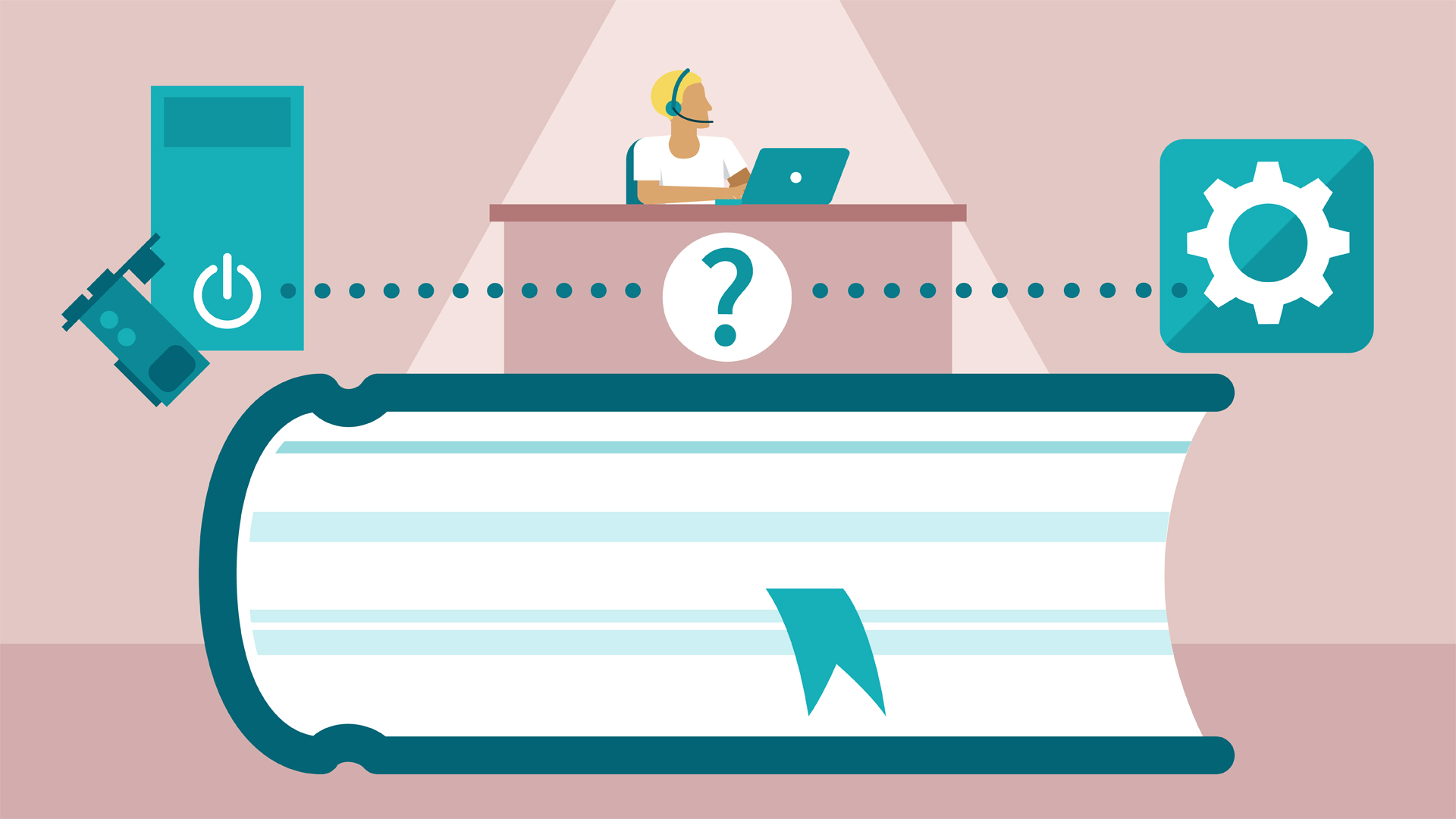
My little investigation of Grab and Gojek
Intro
Recently I curios about Go-Jek and its vision after the company where I work acquired by them. And they are not acquired one company, instead they acquired three, Kartuku, Midtrans, and Ruma. In this blog I’ll talk about my investigation of Go-Jek and its so called competitor, Grab. Please take notes that what I wrote here is my personal opinions, and not represent my employers.
Where I work: little bit about background
I work for a payment processing company called Midtrans. It has service ranging from payment, disbursement, risk management, and chat commerce. Few months ago it acquired by a company called Go-Jek, a company known for it ride-hailing service especially for their motorcycle taxi.
Where my curiosity comes from: the WHY
Since several years ago, I resonated the idea of start with why introduced by Simon Sinek a public speaker and author who aims to make people in the world wake up every morning and feels inspired to work and feels fulfilled when back home. It is interesting idea and very relevant with what I am experience. I have a bunch of friends who have not satisfied with their employer and often complaints and tell their unsatisfactory to me. I presume you may have similar friends.
If you read Simon Sinek book titled Start with Why you can see that a clear sense of why in every kind of organization from as small as individual to big as a company, movement or even country can makes the different.
As I already mentioned, a clarity of why in an organization makes a different. To demonstrate this, lets talk about Simon Sinek’s Celery Test it is a framework about how to check if we have a clear idea about our WHY. You can click the hyperlink to know more about celery test, but the essence is in this quote.
Compare this.
“You’re standing in line in the supermarket with all of your products in your arms. Your celery, your rice milk, your Oreos, your M&Ms. But nobody can see what you believe”
With this.
“The difference is, when you go to the supermarket, you’re only going to buy celery and rice milk. Those are the only two products that make sense. You’re guaranteed to get value out of those products. You spend less money at the supermarket, so there’s and efficiency play. …. So somebody walking past can see, just by looking at your celery and your rice milk. They can look at you and say, “Hey, you’re healthy. You believe in being healthy? Me too!””
I will use this celery test to see that if both have clear idea about their WHY.
Go-Jek
First lets copy what the company said in their website.
Established in 2010 as a motorcycle ride-hailing phone service, GO-JEK has evolved into an on-demand mobile platform and a cutting-edge app, providing a wide range of services that includes transportation, logistics, mobile payments, food delivery, and many other on-demand services.”
Then their detailed the explanation
GO-JEK is a technology company with a social mission to improve the welfare and livelihoods of workers in various informal sectors in Indonesia. GO-JEK champions 3 essential values: speed, innovation, and social impact.
GO-JEK drivers say that since joining us as partners, they have seen their income increase and reached more customers through our app. They also have access to health and accident cover, financial services and insurance, as well as affordable automatic payments and many other benefits.
Analysis
Their started their about page with WHAT they do. Telling that it first established as ride-hailing phone service then evolved to on-demand mobile platform providing services. From the first paragraph we don’t have any idea WHY they do ride-hailing (transportation) to logistics, mobile payments, food delivery, etc. They just emphasis that they are diversified their service. Hmm, okay.
Somehow, in the last two paragraphs, they managed to tell about their story that they have a mission to improve welfare and livelihoods of workers in various informal sectors in Indonesia. Well, ojek (motorcycle taxi), massage service, etc are informal service they provide. Then in last paragraph it emphasis how they implement the fact and HOW they managed to improve welfare and livelihoods of workers in informal sector by telling us how their partner grow as Go-Jek grow. Interesting. It seems that Go-Jek is about their partner, not their end customer. Okay seems improving welfare and livelihoods of workers in various informal sectors is their WHY. Another key is they focus on Indonesia.
However, I still curios about HOW acquired three company in financial technology landscape prove connects the dot of their WHY.
Grab
Okay lets move to Grab. When you first open their about page. You’ll found something similar they start with simple idea then transformed into something big and then reinvent their WHY. You’ll get something like Forward Together: A Southeast Asian Journey in their website. There are many things in that page but I’ll take one part that very relevant however not put in the top of page.
The goals we’ve set for ourselves aren’t easy to achieve. But we believe one day soon, every single person in Southeast Asia will be able to travel safely, comfortably, and easily to work, to college, and to tea with a few friends.
With every single day that passes, we’re more certain of it. Because we have you to help get us there. That’s what Grab is really about. Bringing people together to make life better for all. Forward Together.
It is pretty clear that although Go-Jek and Grab playing in the same domain, the ride-hailing, they seems started with different WHY. Go-Jek I presume started from how we can leverage informal worker like unorganized motorcycle taxi into something more powerful with the platform and the range of service they provide. Grab start with how their founder ranting about taxi and transportation and found that ride-hailing is one way to solve it with the idea of “forward together”. They emphasis in how if people go together to solve problem, they can do it. And one interesting thing is how they believe that it is not only in their country, but generally in South East Asia the situation is similar, that’s why they want put the scope in SEA, it is because they believe that people in SEA should have the same level of quality in transportation, safety, comfort, and easiness.


